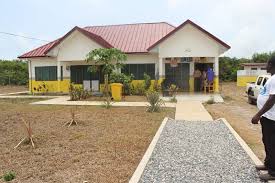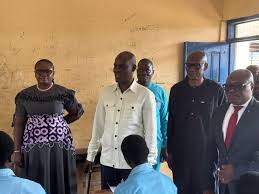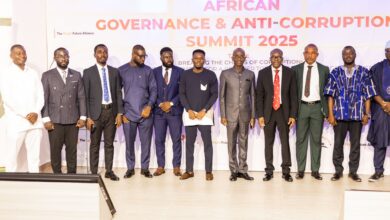Gov’t retooling, enhancing the capacity of CWSA, GWCL, WRC to improve WASH delivery – Dep. Minister for SWR
Gov’t retooling, enhancing the capacity of CWSA, GWCL, WRC to improve WASH delivery – Dep. Minister for SWR
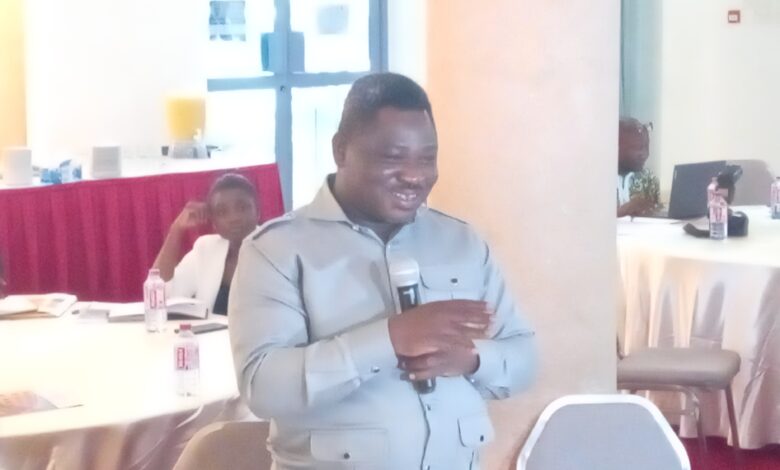
Deputy Minister for Sanitation and Water Resources (SWR), Mr. Amidu Issahaku Chinnia, says the Government of Ghana and its development partners are retooling and enhancing the capacity of Community Water and Sanitation Authority (CWSA), Ghana Water Company Limited (GWCL), and Water Resources Commission (WRC) to overcome decade-old bottlenecks that have bedeviled the Water, Sanitation and Hygiene (WASH) sector until now.
According to him, Ghana’s vision for the WASH Sector is to ensure sustainable basic water and sanitation service for all by 2025. “This means that all people living in Ghana have access to adequate, safe, affordable, and reliable basic water service, practice safe sanitation and hygiene, and that water resources are sustainably managed”. He explained.
Speaking at a day’s Parliamentary Dialogue on Enhancing Water, Sanitation and Hygiene Services in Northern Ghana organised by the World Vision Ghana (WVG) at the Best Western Premier Hotel, Airport – Accra yesterday, the Deputy Minister for SWR announced that Ghana has made strides towards the attainment of the Sustainable Development Goals (SDGs) on Water and Sanitation.
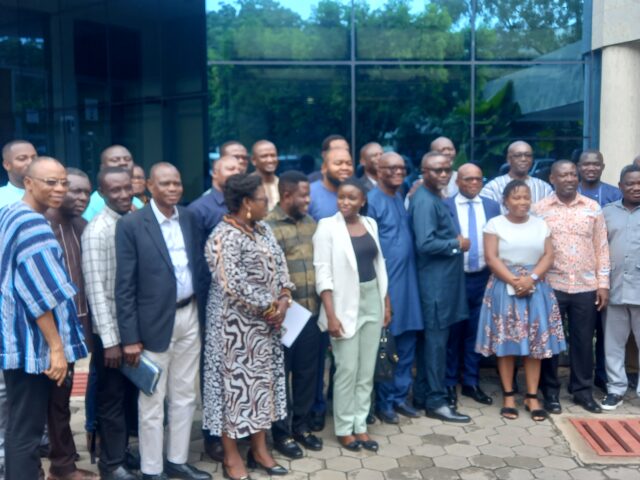
“Government through my ministry is working at all fronts in the WASH sector, to ensure the attainment of national and other international targets.” He assured.
“For example, under the Sustainable Rural Water and Sanitation Project (Additional Financing), small town pipe schemes were constructed in Gusheigu and Saboba (Northern), Chereponi, Gambaga, Nalerigu and Walewale (North-East), Yapei (Savannah), Lambussie and Hamile/Happa (Upper West) and Bongo (Upper East Region).
In addition, the government has commissioned the Upper East Water supply project which has improved the reliability and sustainability of water supply to Navrongo, Bolgatanga, Paga, Zuarungu, Bongo, and their surrounding communities beyond 2040.
In the same way, the government has secured the needed funds to undertake the construction of the Tamale, Yendi, and Damongo Water Supply Projects.
Ladies and Gentlemen, under liquid waste, the government has secured funding from the African Development Bank to undertake Feasibility Studies and Engineering Designs for Faecal Sludge Management in Twelve Cities of which Wa, Bolgatanga, and Yendi are inclusive. In addition, the government in collaboration with the Private Sector has initiated the process to provide Integrated and Recycling Composting Plants through Public Private Partnership arrangements in all 16 (sixteen) regions of the country. Furthermore, Government is also considering providing Wastewater Treatment Facilities in all the 16 (sixteen) regions of the country under the same arrangement.” The Deputy Minister for SWR retorted.
According to him, the country cannot enhance the delivery of WASH Services if stakeholders operating in the WASH space fail to address the sustainability of the interventions government, development partners and the private sector are providing. “Sustainability is key to the long-term success of WASH services delivery. Sustainability is the commitment to continuously invest in the provision of new WASH infrastructure as well as ensuring the maintenance of existing ones”. Mr Amidu Issahaku Chinnia added,
He said the time has come for the nation to move from a one-off project-based approach to a more sustainable service approach that will last.
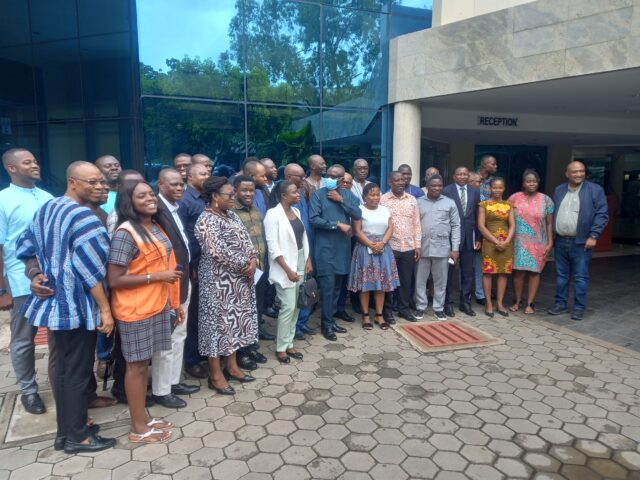
Investment in the sector according to the Deputy Minister should consider not just the provision of the facility but must incorporate the life cycle cost of the facility in the project design. This should include the operational and maintenance costs. It is sad to note that many a time, citizens do run down WASH facilities and turn around to demand the provision of new facilities from the government.
He urged District Assemblies, who are the custodians of WASH facilities within the rural areas to include the maintenance of WASH facilities in their respective jurisdiction in their annual budget estimates and ensure they timely release funds to undertake maintenance when the need arises.
The District Assemblies must also demand accountability from Water and Sanitation Management Teams (WSMTs) who have been tasked to operate these facilities. He cautioned.
However, Mr. Issahaku Chinnia believes that engagement such as the Parliamentary Dialogue on Enhancing Water, Sanitation, and Hygiene Services in Northern Ghana will be afforded the SWR ministry and stakeholders the opportunity to develop the requisite strategies that will address the issues hindering the impact of WASH programmes and interventions being carried out in the northern part of the country holistically.
Story: Inghananewstoday.com


